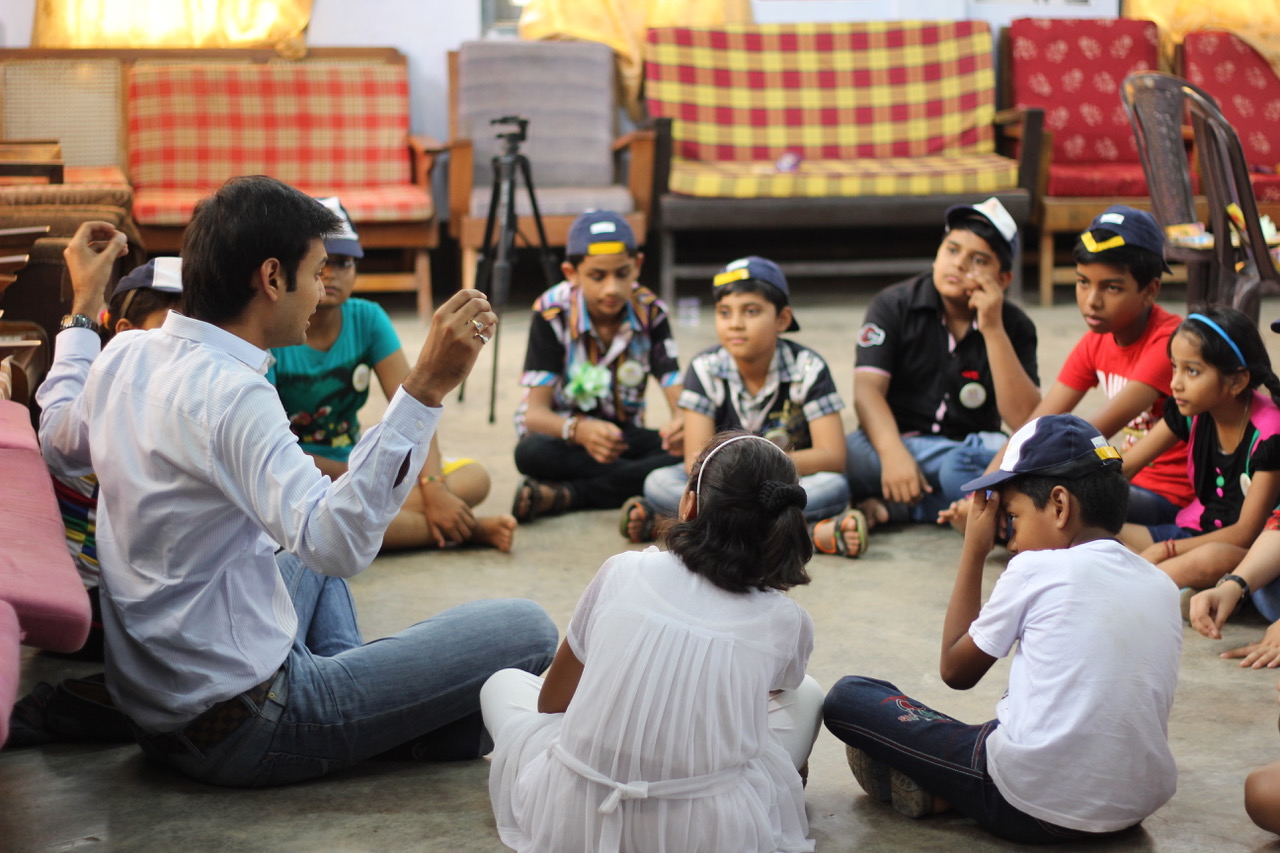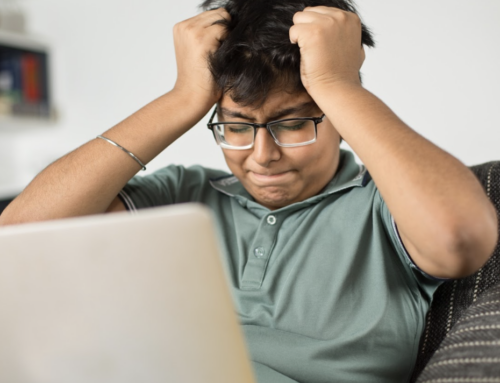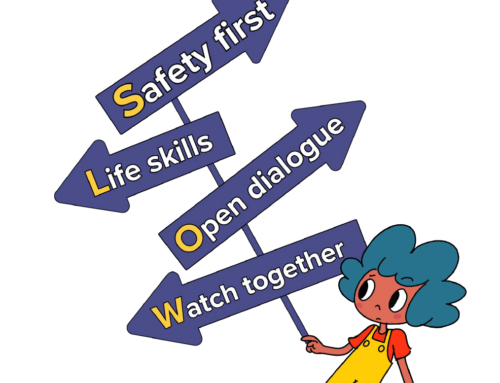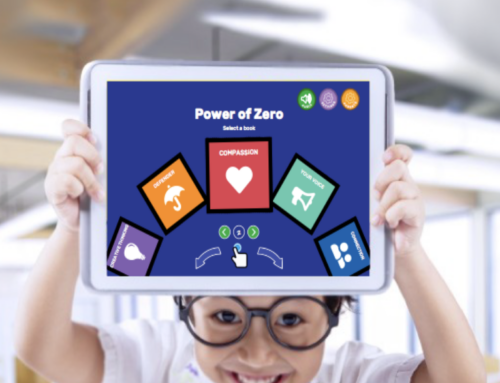Mayank Solanki and Deepthi Shiva work for Val-ed Initiatives in India, bringing programs to schools to raise peaceful, ethical and compassionate citizens. Nicholas Carlisle interviewed them to find out how technology is affecting young children in their home state of Karnataka.
What is the extent of Internet use in India?
Mayank: There has been enormous penetration by mobile devices here in India. This has driven down the cost of internet access to some of the lowest levels in the world. You can buy a phone for less than $20. India has approximately 600 to 650 million Internet users who access the Internet on average for two hours a day. In urban India where income levels are higher there is higher internet adoption. Bangalore, where our program is based, is a prosperous city. Perhaps sixty percent of children under the age of five now have access to a phone or tablet or smart TV.
How is this affecting young children?
Deepthi: Smart TVs are the biggest thing for children under eight. Their voice can activate what they want to see. Next to that it is the smartphone. These devices help parents free themselves. They are cooking and they want the freedom to do that. “Here it is. Take this for fifteen minutes and let me be in peace.” Then they go out to an office meeting. “Take this phone. Give me thirty minutes.” This is the quickest and easiest way to quiet their child. They have become so accustomed to it now.
Digital media has taken over the lives of children. It has become like their second parent. I have a son who is seven years old. Back when I was young I could not bear to be away from my parents for more than a few hours. The minute we came back from school we would ask “Where’s mama?” Now our children run to their videos and their iPads and they want to know what’s happening online. They are getting less sensitive towards their families, towards their friends, to social causes, but they are getting far more information than we ever had.
Are parents concerned about the effect of digital technology on their child?
Deepthi: How much digital time can we give our children and where to draw the line is a big challenge for parents. Parents ask us to address this with their students because this is an area where they listen more to their teachers than the parents.
Parents also worry how to keep track of what is being viewed and visited. Parents do not have conversations with their children under ten about content. They just assume they are too young to visit unwanted sites. However children ten and upwards have their own phones and smartpads and they want complete privacy. They say, “Please don’t touch my stuff.” The biggest challenge for parents is to track if it is being used in the right way.
We all know how harmful this is to the brain and this is another concern for parents. Our young children can run to Google to answer all their questions and are not exercising their brains. This somewhere may hamper their creativity, intellectual development and reasoning ability.
Are there benefits in technology for their child?
Deepthi: As in every case, it has its pros and cons. Children are being exposed to a lot of stuff that is not available in books. And in the urban areas parents are able to use their phones for good and useful purposes. For instance my son wants to be an astronomer so I give him my phone and ask him to look up things about the sky. He learns more than what I could probably teach him, otherwise. If used conservatively and cautiously, there definitely are benefits from technology.
Mayank: India has about 1.5 million schools. Some schools still follow the traditional systems and have not got technology. About 27% of these schools are private and many are moving to digitalization and in many of these every child has their independent iPad. These schools have their own programs and software which is used only for education.
Do you see any need to teach young children skills and values for a connected world?
Mayank: Children begin their 21st century based education at grade one (between six and seven). But we are not educating them on digital citizenship. One reason for this is that teaching is one of the lowest paid jobs. Many teachers are not digitally literate and so are not able to safeguard the children online and tell them how to be. Also teachers need to be exposed to this area – they need to understand what resilience and critical thinking and digital power mean and how to teach children about these. That is why we have created the World’s First Values Lab where we teach values to young students – just as there is a maths classroom or a science lab they need a dedicated space to learn about values.
Deepthi: For this age group it needs to be put across in very simple language. But a lot depends on who is imparting this information. Parents would like the power wheel and it is much needed – the earlier the better. Young parents need resources and these skills and values – resilience, respect – are needed in every part of the world.







Leave A Comment